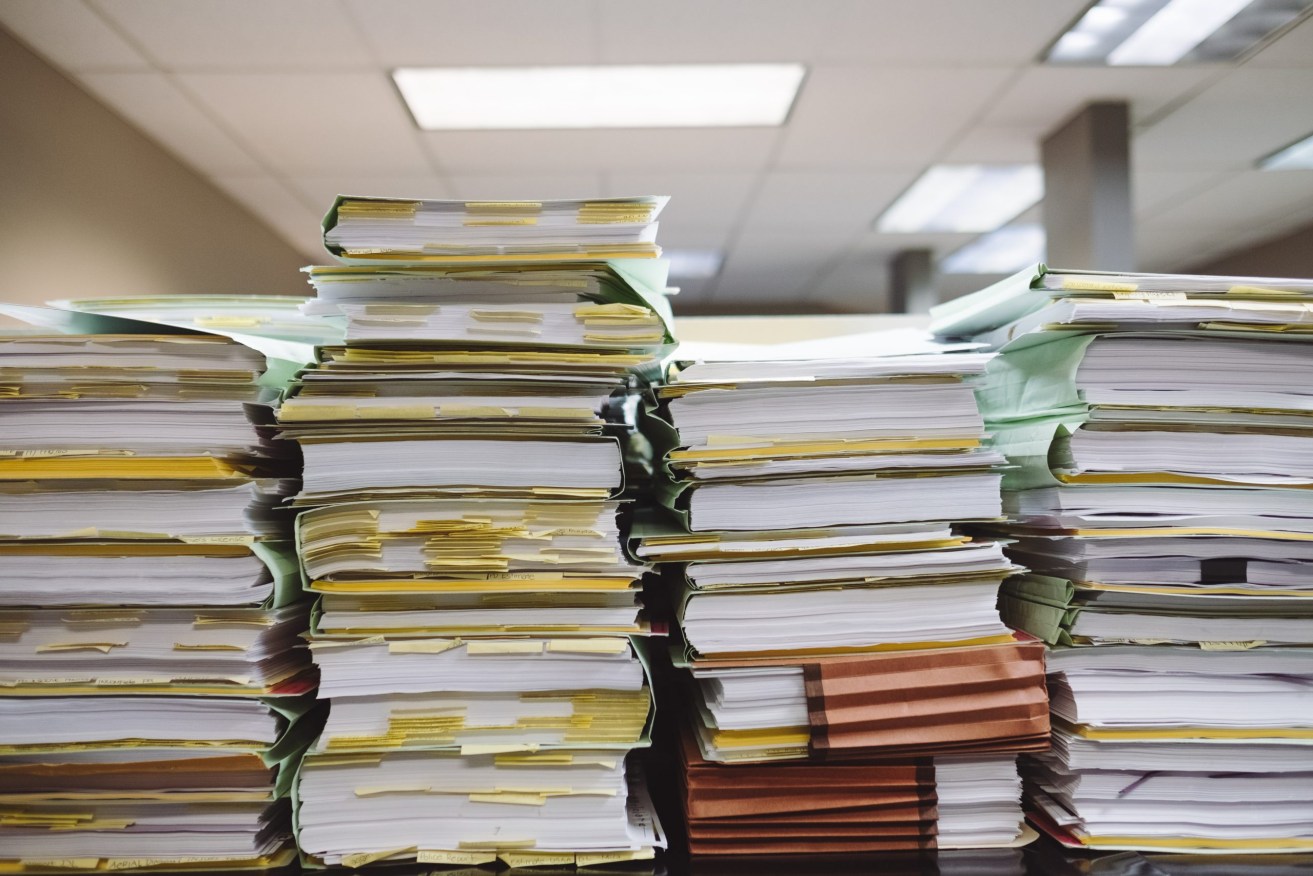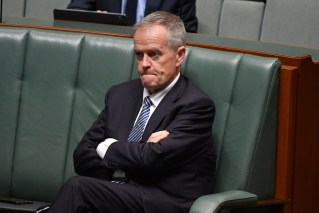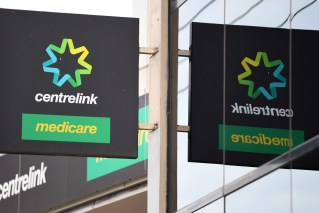Tale of the tape: Are we drowning in paperwork or just ticking the right boxes?
Supercharging the post-pandemic recovery by cutting government regulation might sound reasonable but history shows cutting red tape is never easy, writes Robert MacDonald


Wesley Tingey (Unsplash)
The cries to cut government regulation and red tape to speed recovery from the COVID-19 recession are growing.
Even Reserve Bank Governor Philip Lowe has joined in.
He believes over-regulation is dampening the dynamism of the Australian economy.
“When we see things going wrong, do we regulate them, or do we have a different approach? I fear that over time we’ve erred too far in the direction of regulation,” he recently told a Parliamentary inquiry into the Government’s COVID-19 response.
But history suggests cutting red tape is a near-impossible task.
One of the great oxymorons of modern public administration must be “red tape reduction task force” – or whatever the name is given to the agency set up to streamline government processes.
That’s not just because governments keep creating new rules more quickly than anyone can clear away the dead wood.
The big problem with red tape is that it’s in the eye of the beholder.
Every bit of regulation – and the red tape that comes with it – starts with good intentions, someone’s effort to solve a problem by creating new rules.
One person’s unnecessary government law is another’s die-in-the-ditch essential requirement for the way they think things should be.
A developer’s bureaucratic roadblock is a local community’s protection of its neighbourhood.
A miner’s tedious approvals process is society’s effort to protect the environment.
Licensing permits and registration forms are a barrier to entry for new players but a protection from unfair competition for existing businesses.
This means it’s no easy thing to get rid of red tape, even when the evidence shows a particular rule or regulation has been a palpable failure.
Here’s a random example:
Ten years ago, the Bligh Labor government introduced something called a “sustainability declaration”, which all homeowners had to fill in when selling their property.
Its purpose was to “inform buyers about the sustainability features of a property and increase community awareness of the value of such features”.
Then-infrastructure and planning minister Stirling Hinchliffe described this new piece of red tape as a “simple mandatory form”.
It was in fact, a form with 56 questions, ranging from whether your eastern and western windows were shaded from the summer sun (by verandas or eaves of at least 600 mm, or window awnings) to whether there was “safe egress in an emergency.”
Home sellers were also supposed to estimate the number of kilowatt hours the house was generating through wind power and ran the risk of on-the-spot fines if they didn’t.
In the nature of many red tape creators, the politicians and bureaucrats involved, placed great faith in the transformative powers of yet another piece of paper.
“It is anticipated that the declaration will help promote the sustainability of a home and become a key marketing tool for real estate agents and private sellers,” an explanatory brochure explained.
This proved to be completely wrong.
Complaints about the new paperwork quickly reached such a level the government had a rethink.
It couldn’t bring itself to actually abandon its new red tape but did boldly decide to cut out 22 of the questions.
It also declared a moratorium on fining people who failed to fill in the form.
One of the first things the Newman government did when it won office in 2012 was scrap the declaration altogether.
But even at the death, the then-Labor opposition was wistfully defending its now provenly bad idea.
“I appreciate that, in practical terms, the declarations have not had the desired policy outcomes,” Labor member for Mulgrave and current House Speaker, Curtis Pitt, conceded to Parliament during the debate to kill the idea.
“However, we must all be cognisant that consumer protection is an important issue and some form of assessment or summary of a home’s environmental features is likely to be helpful to buyers in the future,” he continued.
“It would not surprise me if community and consumer support for such an assessment emerges in the future.
“It may be a case of watch this space, because environmental awareness is only going to get stronger and the market cannot always provide the answer.”
And that neatly sums up the biggest challenge anyone calling for deregulation and less red tape faces.
They first have to win the argument about who to trust with our future – the market or the government, or, more realistically, some mix of the two – an argument that’s been going on for as long as we’ve had modern democracies.












